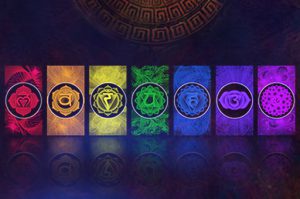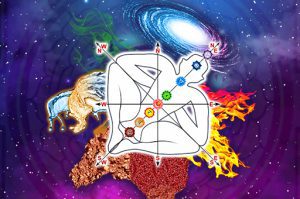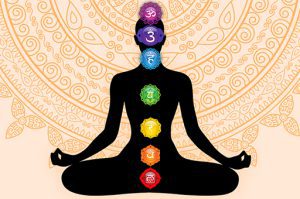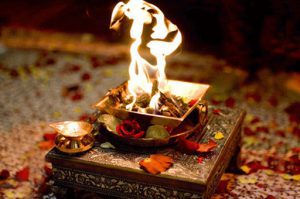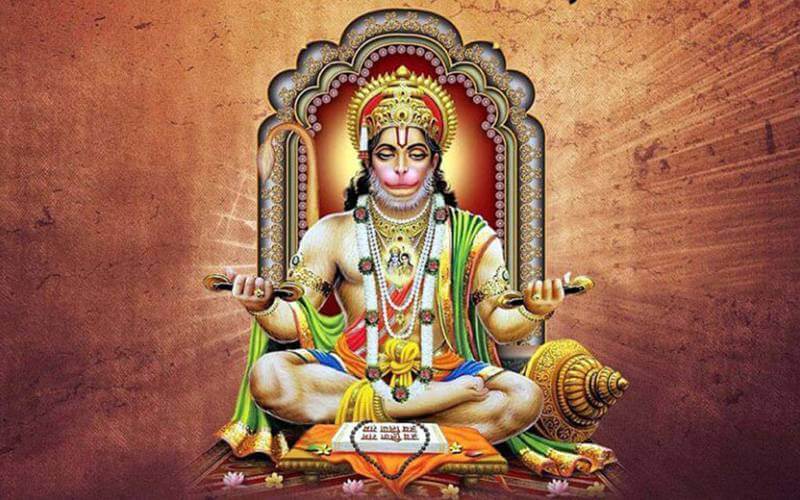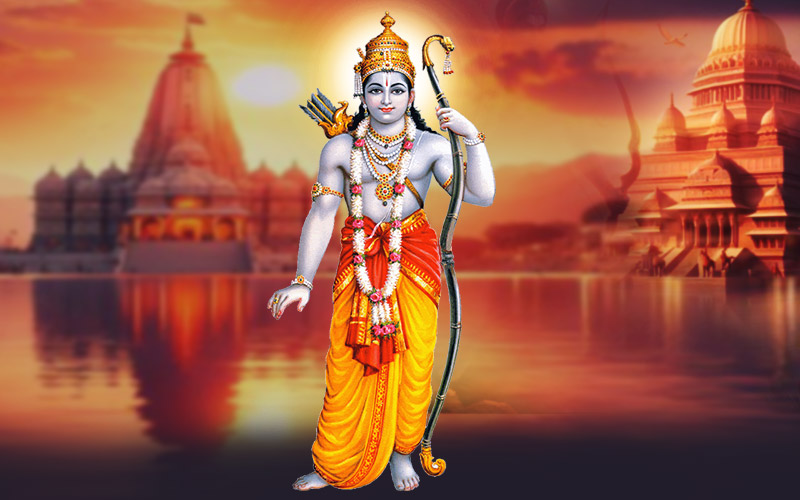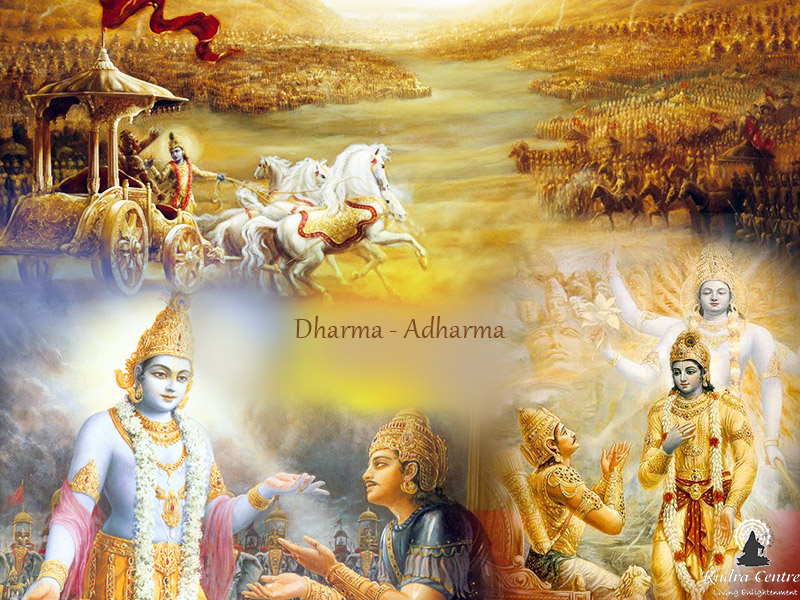
In modern times, people have lost the meaning of Dharma and Adharma. With advancement in technology people have skipped a crucial step of learning few basic things like difference between dharma and adharma, and how we can understand the concept of Dharma vs karma.
What is Dharma in Hinduism
Dharma is explained as a duty. On a deeper level, it refers to one’s conduct and action that is in accordance with the divine law and your inner truth. Your Dharma is an amalgamation of your social circumstances, the behaviour expected of you and your real life purpose.
What is Adharma in Hinduism
Adharma is referred as everything which is against nature and immoral, unethical, wrong or unlawful. While Dharma preserves society and life in general and is done with the altruist intention of benefit to others and self, Adharma usually causes damage, pain, and suffering and originates from selfish motives.
Comparison between dharma and adharma
Dharma can be performed at various levels. Sometimes it is performed by people who are trying to make amends for their bad deeds (adharma). You must understand that Adharma cannot be cancelled by performing acts of charity and goodness. While deeds of charity have some merit, as soon as a person has performed adharma with awareness, the Law of Karma will take effect and stick to him. The only way out for such a person is through repentance.
Adharma can bring you happiness and happiness in the short run, but it will always be temporary. One might commit wrongful acts with selfish motive to ensure his own happiness, giving pain and sufferings to others in the process. When someone repeatedly refrains from showing kindness towards others, that person becomes an Adharmi. If you want release from this cycle of death and rebirth, you must choose Dharma over Adharma.
Dharma vs Karma
Seeing that Dharma is practically non-negotiable in the Hindu way of life, how do you prioritise which Dharma you should follow, given that all of us play multiple roles on this stage called life? As employees, our karmachari dharma tells us to serve the organisation that employs us. As family people, we need to follow our matri dharma and pirti dharma to nurture our children. There was a man whose son is hospitalised, and he waits outside the operating theatre, complaining that the surgeon is late. Eventually, the doctor arrives and performs the surgery. However, the doctor leaves immediately after, without speaking to the waiting parent. The man launches into a tirade against the doctor again until he is gently informed by the hospital staff that the doctor had come straight from his son’s funeral. In this case, the doctor fulfils his Dharma as a healer even though he had pressing business at home. It is true that as employees our primary dharma is towards our employers, but in times of critical family need, the family should come first.
Some people experience a dilemma between following their career paths and serving humanity (manav dharma). They debate whether they should give up their established jobs and dedicate themselves to serving others in need. While manav dharma is a very noble ideal, no one has achieved salvation by neglecting their earthly duties towards their parents and dependants.
So practice your Dharma, whatever it may be, but Dharma will be hollow if it takes you away from kindness and compassion. You should not be too rigid in imposing the rules in following your Dharma. If the rules of an organisation state that late comers will have their salary curtailed, the rule should not be applied blindly to every employee who comes late. Often, there will be people who have pressing problems that made their late for work. In such cases, kindness and compassion will override every other Dharma an employer can invoke.


